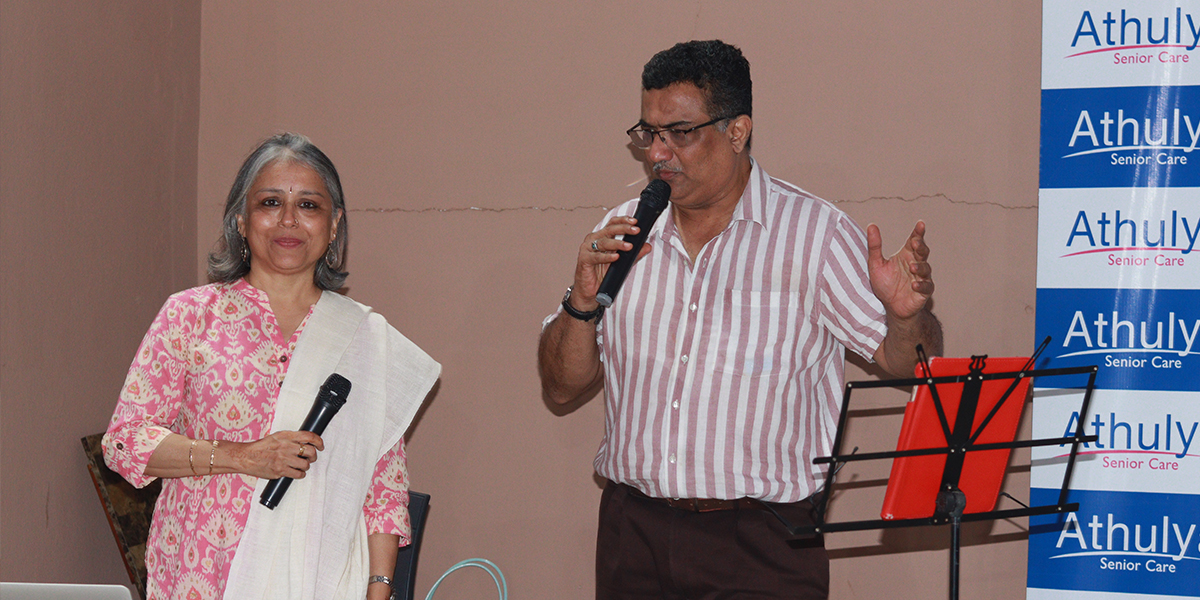The significant cognitive impairment associated with dementia often results in considerable challenges in communication, memory, and emotional stability. Therapies that stimulate cognitive and sensory functioning, such as music therapy, have been shown to effectively support dementia care. This article will delve into the importance and application of music in dementia care, with a particular focus on activities at Athulya Senior Care.
The Importance of Music in Dementia Care
Research supports the use of music therapy as a non-pharmacological intervention in dementia care due to its neurologically-grounded impact. The stimulation of various brain regions by music facilitates cognitive functioning and social interaction, while soothing the emotional distress often experienced by dementia patients.
Music therapy can aid in memory recall, helping patients to reconnect with past experiences. Familiar songs often trigger personal memories, contributing to the preservation of self-identity and facilitating communication. Moreover, music has been found to promote emotional well-being, reducing anxiety and depression and enhancing mood and overall quality of life).
The Role of Music in Dementia Care at Athulya Senior Care
Athulya Senior Care, a leading provider of specialized elderly healthcare services in India, incorporates music therapy into its comprehensive dementia care program. Recognizing the potential of music as a therapeutic tool, Athulya creates a nurturing and stimulating environment that fosters emotional well-being, cognitive functioning, and social interaction.
At Athulya, music therapy sessions are tailored to individual needs and preferences. Caregivers select familiar songs from the residents’ younger years to stimulate memory recall and provide comfort. Group singing sessions encourage social interaction, enhancing self-expression, reducing feelings of isolation, and creating a sense of belonging.
Athulya’s music therapy program also includes rhythmic activities, such as clapping or drumming, promoting motor skills and coordination, which often decline in dementia patients (Brotons & Koger, 2000). Finally, relaxing music is used to manage sundown syndrome—a common occurrence in dementia characterized by increased agitation and confusion in the late afternoon or evening.
At Athulya Senior Care, music is not merely a form of entertainment; it is a therapeutic tool harnessed to enrich the lives of residents with dementia. The facility’s person-centered approach illustrates the power of music in fostering a sense of identity, enhancing cognitive and motor functioning, and promoting emotional well-being in dementia care. This music-based intervention underscores the importance of non-pharmacological approaches in managing dementia, making a substantial contribution to the quality of life of those in the twilight of their years.
Contact Athulya Senior Care
If you or a loved one are seeking a Assisted Living that prioritizes senior health and wellness, contact Athulya Assisted Living today. Our holistic approach to senior well-being ensures older adults receive the support, resources, and opportunities they need to thrive in their golden years.





